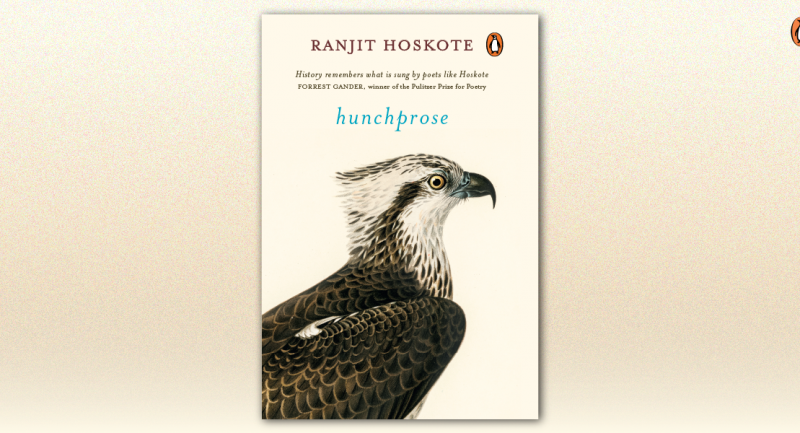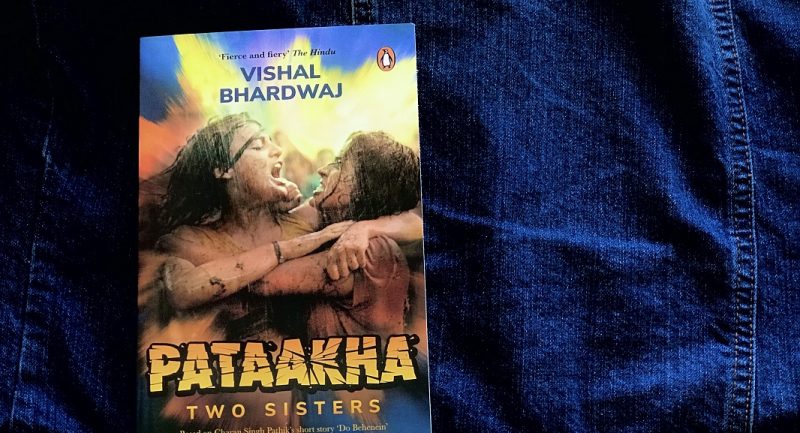
Dr Syama Prasad Mookerjee was an educationist, politician and patriot who often opposed the official narratives of his time but fought consistently for India’s independence and pre-eminent position in the world. His life has remained largely unexplored until now.
In the book, Syama Prasad Mookerjee: Life and Times, author Tathagata Roy aims to rectify that omission by examining his life in detail and shedding light on the turbulent and contentious events of his times.
Here is an excerpt from the book that talks about his entry into politics in 1939.
________________________________________________________________________________
Dr Mookerjee’s political career had begun in a small way. When he entered the Bengal Legislative Council in 1929 as a Congress candidate from the Calcutta University constituency, it was a projection of his growing reputation as an educationist. In a sense, this was not really a political move, because his intention behind entering the council was to act as a watchdog for the interests of the university in the legislature. When the Congress gave a call for boycott of councils in 1930, Dr Mookerjee duly obeyed and resigned from the council. Perhaps he was confident that he could walk into the council any time he wanted to. As a matter of fact, he was re-elected to the council as an independent candidate from the same university constituency. The primary reason behind Dr Mookerjee’s entry into fulltime realpolitik lay in the treatment meted out to the minority Bengali Hindus by the rabidly communal Muslim League– Krishak Praja Party coalition government of Bengal. It was a coalition for namesake, with the Muslim League calling all the shots, and the Krishak Party (including the Prime Minister and the Hindu ministers) meekly following. As always, the Congress, which was roundly supported by the Hindus of Bengal, chose not to take up their case for fear of losing the vote of a particular community, and Dr Mookerjee was persuaded that he, of all persons, could not stand and idly watch the situation. Those who blame Dr Mookerjee today for not doing ‘inclusive politics’ are rather unaware of the political realities of that time. It is important to recontextualize his life in the context of the political realities of that time. The Government of India Act of 1935 came into effect in 1937, and in the same year, Dr Mookerjee was again elected to the Bengal assembly. So he had the opportunity to study the working of provincial autonomy from close quarters. Nevertheless, since his tendencies lay in the sphere of educational administration, Dr Mookerjee did not feel attracted to the ‘noisy and dusty career of a politician’. Rather, he felt that the best way for him to serve his country would be through the path of education. The major factor that drove him into politics was the political situation, particularly the aftermath of the Government of India Act of 1935. The minority Hindus of Bengal (about 47 per cent) had already been crushed under Ramsay Macdonald’s Communal Award of 1932, which reduced Hindus to political impotence. The Congress’s reaction to the Communal Award was of ‘noncommitment’— they neither supported it nor opposed it. It is difficult to see how the premier political party of India refused to take a position on an important pronouncement by the British Prime Minister. This refusal turned out to be a grave blunder. In the 1935 Act a separate electorate was provided ‘with a vengeance’ for giving special protection to the majority Muslim community in Bengal. In his diary written much later (1944), Dr Mookerjee records some of the glaring instances of Hindu suffering, such as the ratio of communal representation in respect of the services, the defilement of Hindu images, the suppression and supersession of better qualifications in respect of Hindus, and preferential treatment of Muslims in educational and other technical services, the passing of laws specially jeopardizing Hindus, the encouragement of riots and attacks on Hindu women. Almost identical sentiments were expressed by Nirad C. Chaudhuri, who trod a very different path from Dr Mookerjee.










